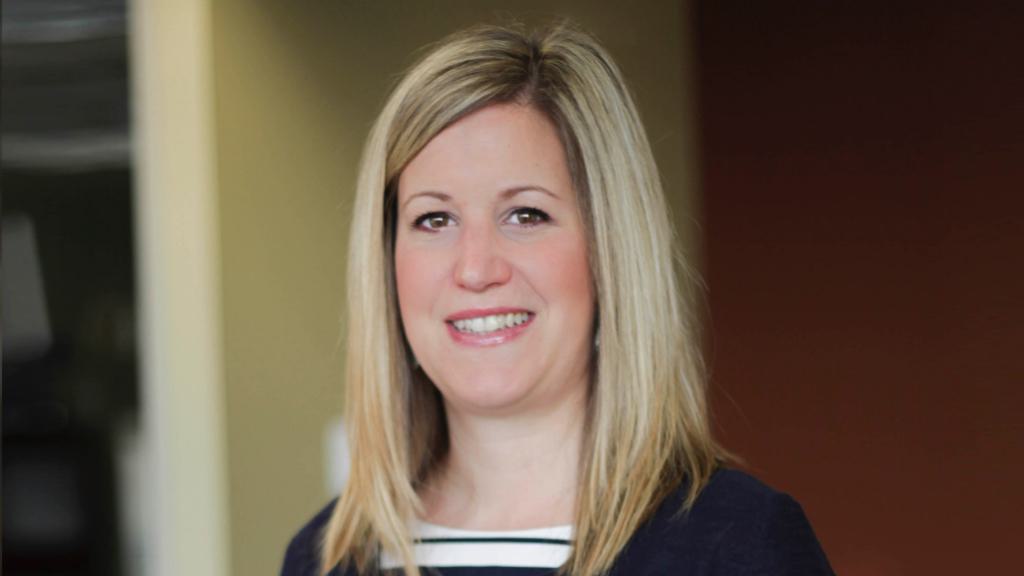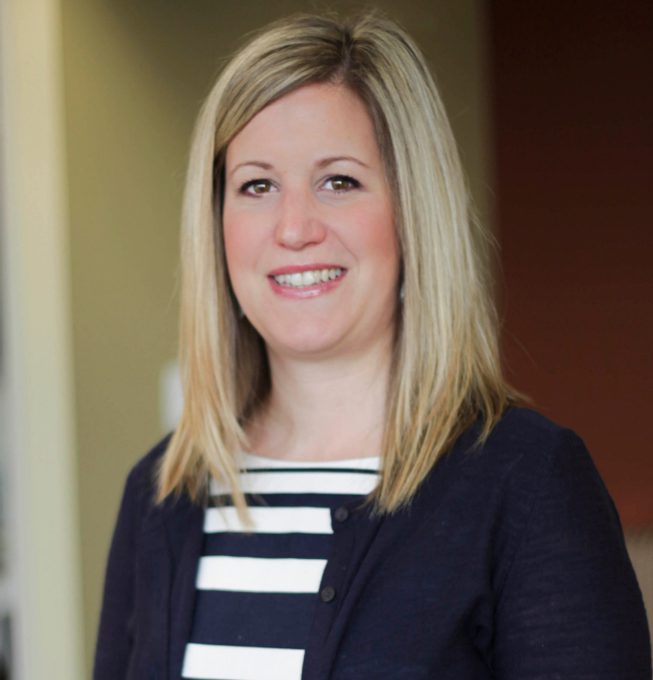March 25, 2020
Common Mistakes Dentists Make with Real Estate

It seems that a lot of seminars dentists attend mention investing in real estate. We recently tackled a couple important real estate topics, specifically investing in real estate and buying versus leasing your office space. I would like to take a bit of time to discuss some mistakes we frequently see dentists make when they do decide to invest in real estate.
As with any investment, we would encourage you to clearly define why you are making it. If you plan to buy or build your dental office, why? Do you need more space? Are you purchasing office space from a selling dentist? For your area, is the cost of leasing space comparable to the cost of owning your premises? What does ownership mean, and is that a task you wish to take on? Analyzing this investment from various angles allows you to pursue the process with your eyes wide open.
If your plan is to build (or, even, to build-out) your office, define what your budget is for the project and stick to it! With any building project, it’s very easy to get carried away and overspend. This can put a strain on you and your practice and easily make the investment a poor one. You should consider talking with an advisor to help work through and fully understand the cost of the project and what that means for your practice. Will you need to produce more cash flow to handle the added debt? Is your plan to add an associate? Well, where will you find your associate? What expenses will change as you become the owner of your building – utilities, landscaping, snow removal, property taxes? How do those fit into your annual budget? Going through this exercise can give you meaningful financial confidence heading into a building project.
More often than you might expect, dentists take ownership of their practice building but don’t have the cash flow to support the added expense. This can put their short-term and long-term goals in jeopardy. For instance, they might be unable to maximize their 401(k) plan contributions because they are burdened with a large office mortgage. This relates back to the paragraph above. Have you gone through the exercise of reviewing your practice numbers to determine your real estate plans won’t jeopardize your short-term and long-term savings plans?
Owning your office space can be a great investment. You build up equity in the property every year, and it has the potential to offer you an income stream as you head into retirement. Unfortunately, sometimes dentists struggle financially once the office space is done. We strongly encourage you to explore all sides of the real estate equation to ensure it’s the right fit for you. Certain areas of the country make it practically financially impossible to own your real estate; your business simply can’t afford the cost of a building. And that’s OK! There are other ways to incorporate real estate into your overall investment portfolio. Consider exploring those with your advisor to determine what the best fit is for you.
This commentary originally appeared March 18 on DentalTown.com
By clicking on any of the links above, you acknowledge that they are solely for your convenience, and do not necessarily imply any affiliations, sponsorships, endorsements or representations whatsoever by us regarding third-party Web sites. We are not responsible for the content, availability or privacy policies of these sites, and shall not be responsible or liable for any information, opinions, advice, products or services available on or through them.
The opinions expressed by featured authors are their own and may not accurately reflect those of Buckingham Strategic Wealth®. This article is for general information only and is not intended to serve as specific financial, accounting or tax advice.
© 2020 Buckingham Strategic Wealth®
Category
Business OwnershipContent Topics
About the Author

Katie Collins
Practice Integration Advisor
